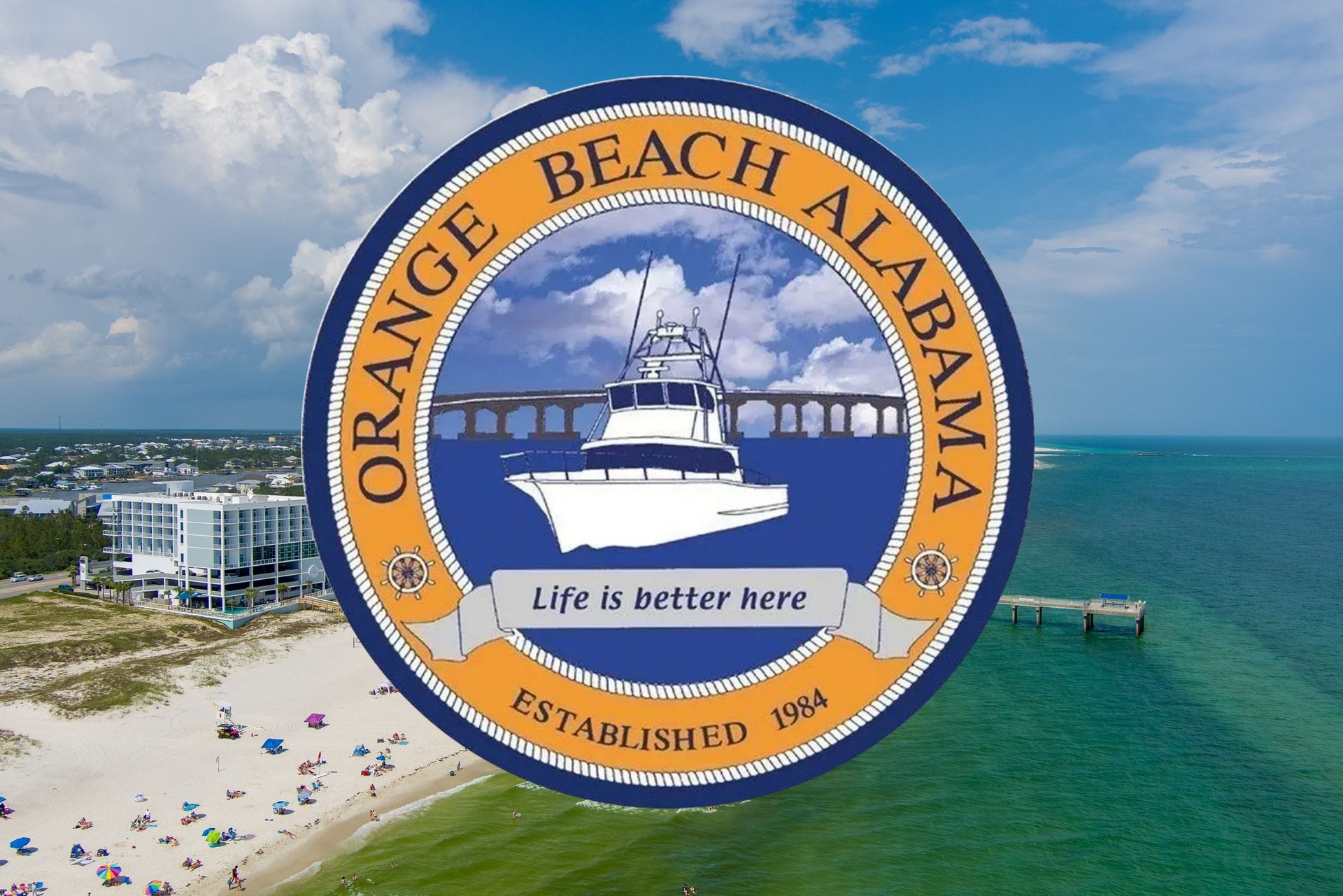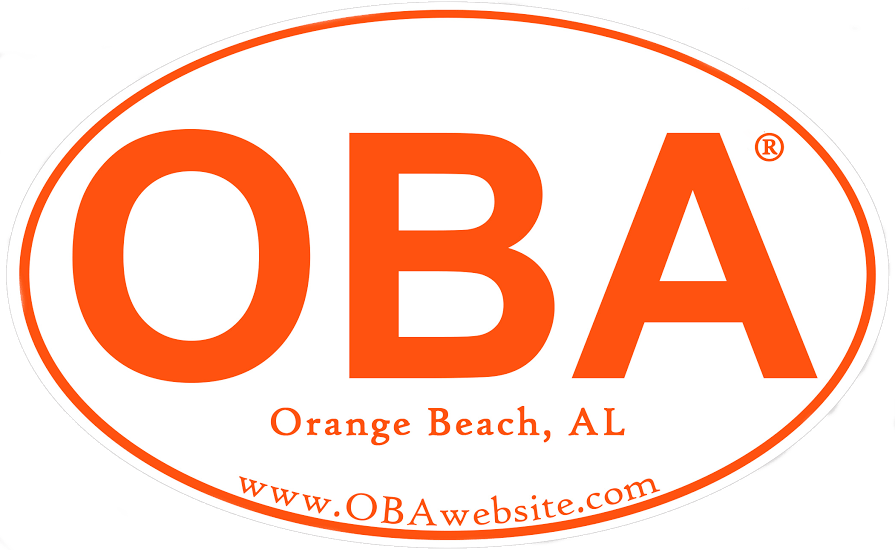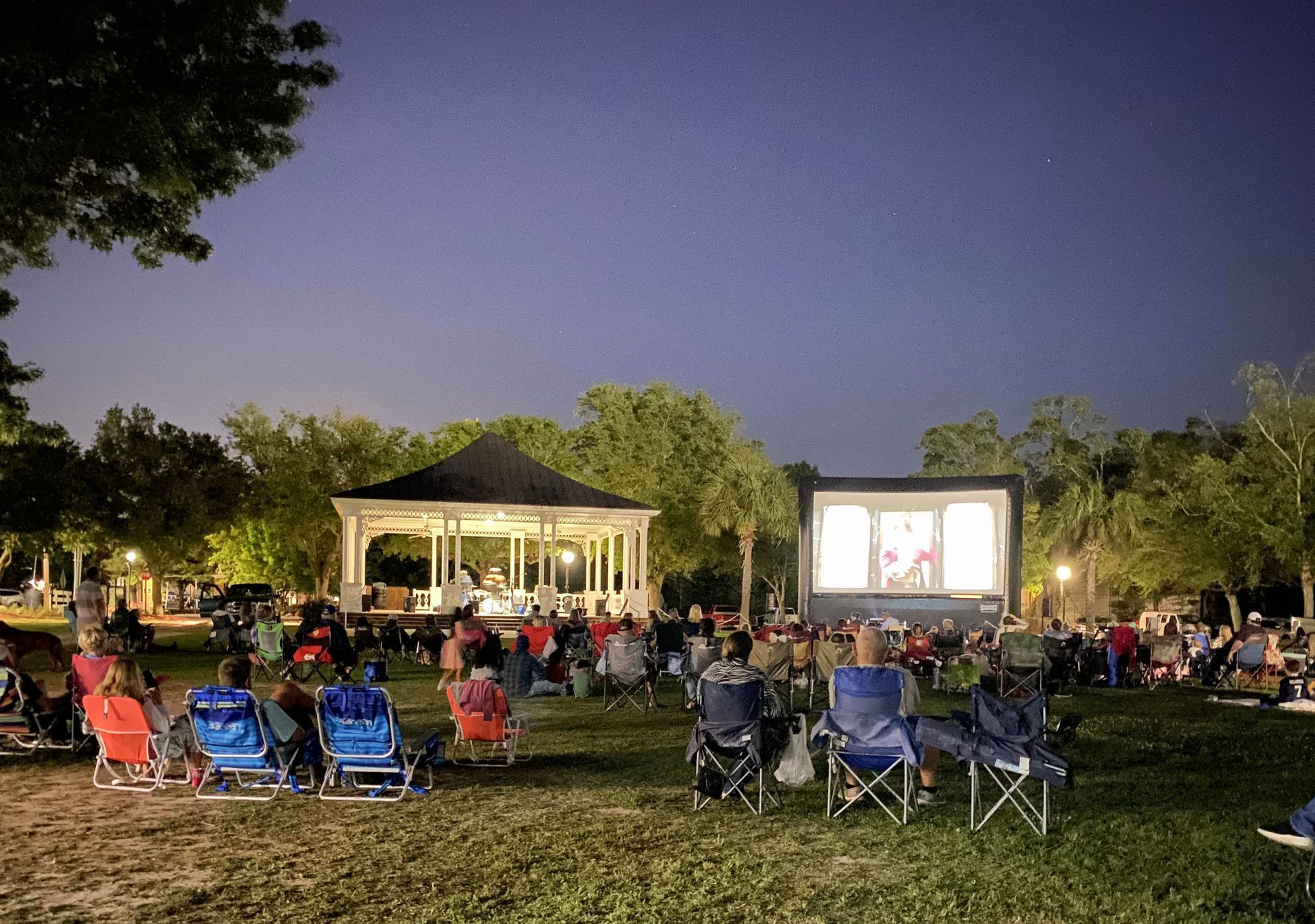Why Feeding Birds on the Beach is Harmful and Against the Law
How to Protect Shorebirds and Beach Ecosystems
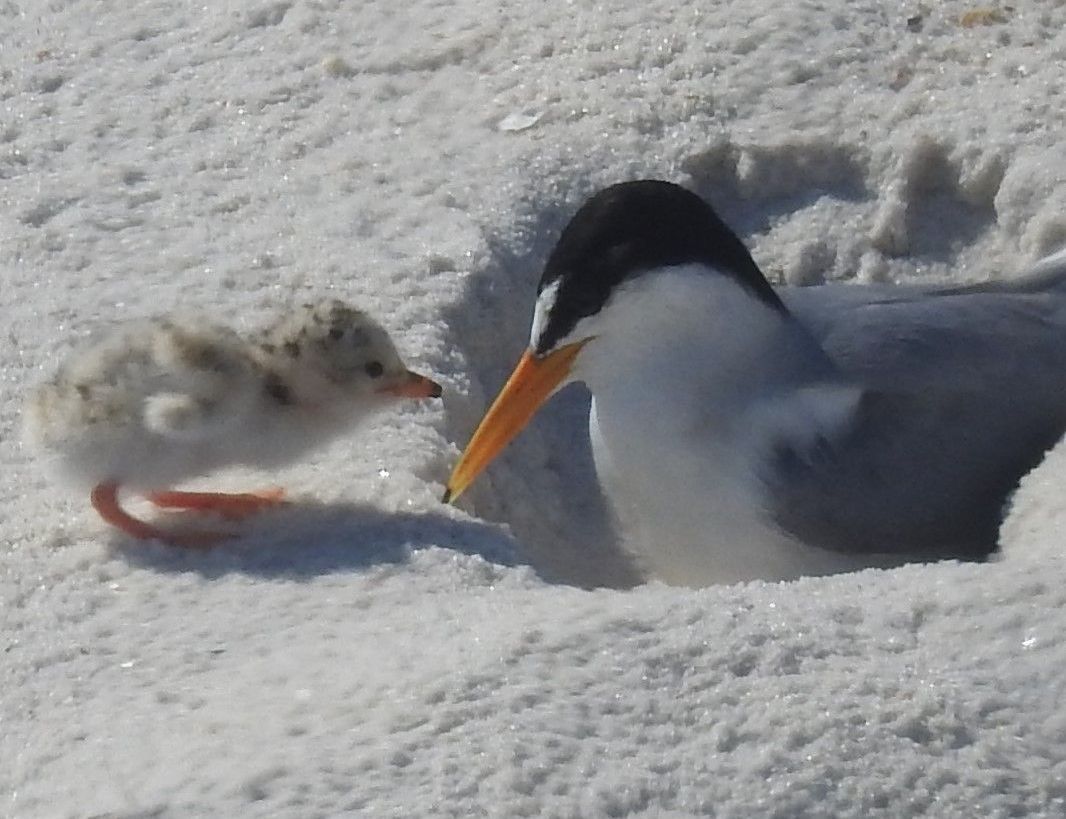
Orange Beach, Ala. – (OBA) – Beachgoers often enjoy the sight of seagulls and other shorebirds flying overhead or hanging on the beach beside them, and some may be tempted to feed them. However, while feeding birds might seem like a harmless activity, it can cause significant harm to the birds and create problems for humans. Additionally, it’s important to note that feeding birds on the beach is against the law in many coastal areas, including the Alabama/Florida Gulf Coast.
Negative Impact on Bird Health
Feeding birds human food can be detrimental to their health. Foods commonly offered by beach visitors, such as bread, chips, and other snacks, do not provide the necessary nutrients that birds need for a balanced diet. These foods can lead to malnutrition, which weakens the birds, making them more susceptible to disease. Furthermore, reliance on human-provided food can reduce birds’ natural foraging behaviors, making them dependent on handouts and less capable of surviving in the wild.
Disruption of Natural Behaviors
Birds that become accustomed to being fed by humans can lose their natural fear of people. This can lead to aggressive behavior, as birds may begin to see humans as a source of food, sometimes swooping down or even snatching food from people’s hands. Such behavior not only poses a risk to beachgoers, especially children, but also increases the likelihood of birds being harmed, whether intentionally or accidentally, by those who find them a nuisance.
Impact on the Environment
Feeding birds can also lead to environmental problems. Large congregations of birds drawn by the prospect of easy food can lead to an increase in bird droppings, which can contribute to the contamination of beach areas and nearby water sources. This can cause health hazards for humans and other wildlife. Additionally, leftover food scraps and increased bird activity can attract other pests, such as rats, which can further disrupt the local ecosystem.
Legal Implications
In many coastal communities, including the Alabama/Florida Gulf Coast, feeding birds on the beach is prohibited by law. Federal, State and Local regulations are in place to protect wildlife and maintain the natural balance of the environment. Violators can face fines and other penalties for feeding birds, as these rules are enforced to prevent the negative consequences associated with this seemingly innocent activity. Signs are often posted in public areas to remind beachgoers of the rules.
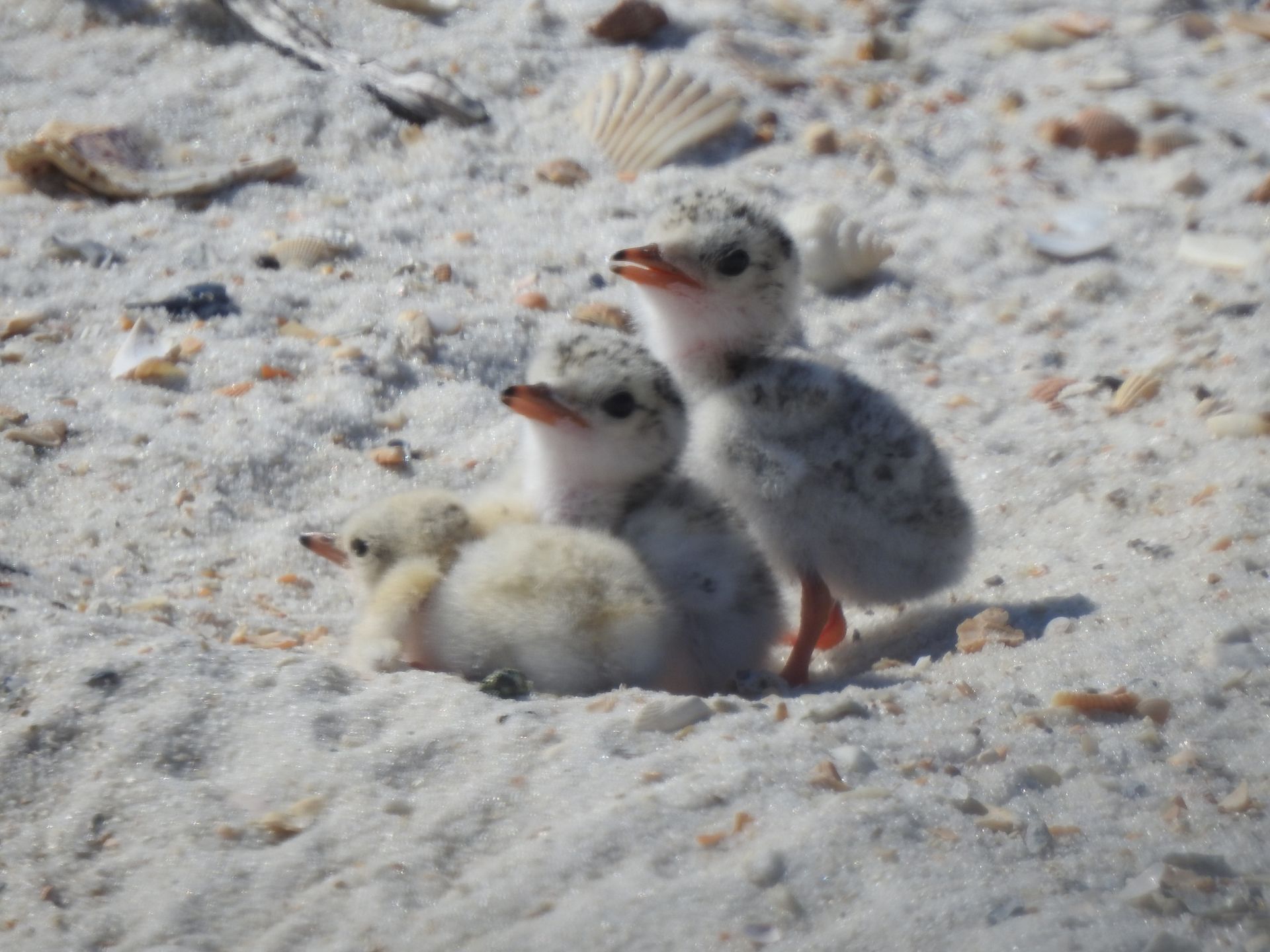
How to Enjoy Birds Responsibly
While feeding birds is discouraged, there are other ways to enjoy and support the wildlife along the coast. Observing birds from a distance, using binoculars, and learning about different species can provide a rewarding experience without causing harm.
In conclusion, feeding birds on the beach may seem like a kind gesture, but it can have far-reaching negative consequences for the birds, the environment, and public health. By following the laws and enjoying wildlife responsibly, beachgoers can help ensure the well-being of the coastal ecosystem for everyone.
